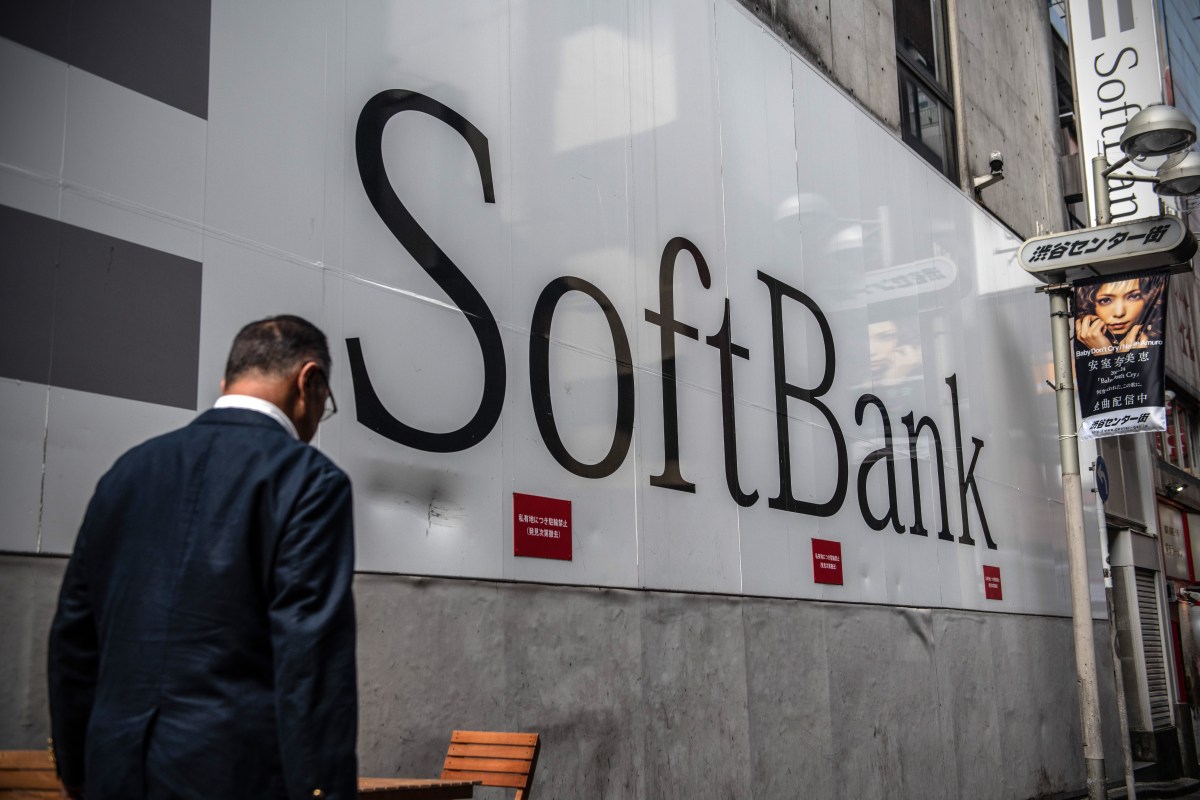Arm, the U.K.-based chipmaker owned by Japan’s SoftBank since 2016, has filed for a Nasdaq listing under the ticker symbol “ARM,” five months after announcing it had filed confidential, preliminary IPO paperwork with U.S. regulators.
The outfit didn’t provide a projected share price in its F-1 paperwork. SoftBank recently bought a 24.99% stake in the company from its Vision Fund unit that reportedly valued it at just over $64 billion, which is twice the $32 billion valuation where it was valued when SoftBank bought the company seven years ago.
SoftBank has marked up its own deals in the past to bad effect. Most famously, SoftBank plowed $4.4 billion into the co-working company WeWork in the summer of 2017 when it was still privately held, at a reported valuation of $20 billion. SoftBank invested in WeWork again in early 2019 at a $47 billion valuation. (At the time, SoftBank had invested roughly $10.5 billion into WeWork both directly and via its Vision Fund arm. It famously went on to invest even more in the company and, as famously, to lose nearly its entire investment.)
Arm produces core semiconductor components that are used in nearly every smartphone made, and its customers include Apple, Advanced Micro Devices, and Qualcomm.
Analysts expect Arm’s IPO to be the biggest of 2023, though not everyone agrees that the company is worth what SoftBank thinks it is worth. Late last month, Bernstein analysts assessed Arm’s fair-market value to be about $40 billion based on its preliminary analysis of the limited financial information that was available at the time.
It isn’t clear as of this writing whether Bernstein will revise that estimate based on the financial formation provided in Arm’s F-1, including reported net income of $524 million on $2.68 billion in revenue in its fiscal 2023, which ended in March, which is almost exactly what it saw in 2022 sales ($2.7 billion).
Arm agreed to sell itself to chipmaker Nvidia for $40 billion in 2020, but the deal was called off in February 2022, owing to “significant regulatory challenges preventing the consummation of the transaction.” Plans for an IPO began coming together immediately afterward.

